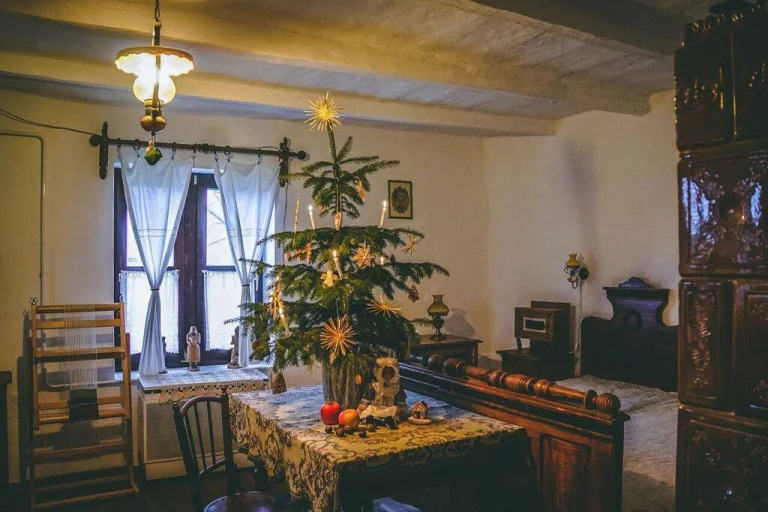Holidays
In Hungary, special attention is paid to the celebration of individual holidays and the preservation of the traditions belonging to them. We listed the most important public holidays, alongside with interesting facts.
1 January
Since it is a public holiday, services do not operate, and most shops are closed. On the very first day Hungarians eat certain meals that include lentil in order to gain wealth, good fortune and prosper in the new year.
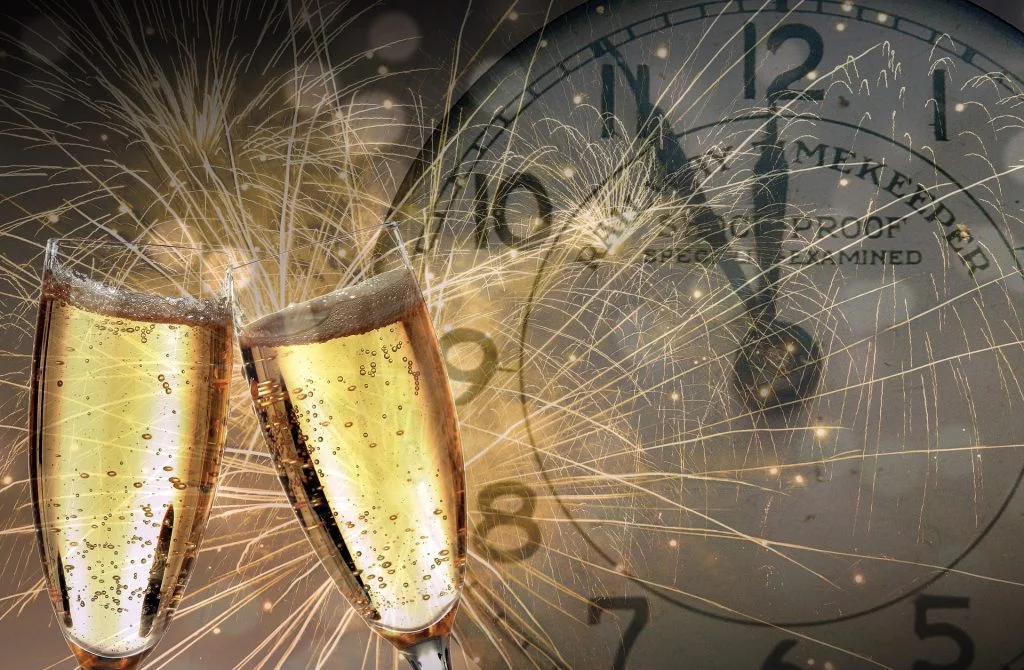
8 March
It is Women’s Day, when girls and ladies receive gifts (flowers, chocolates) from family, friends, colleagues, or significant others.
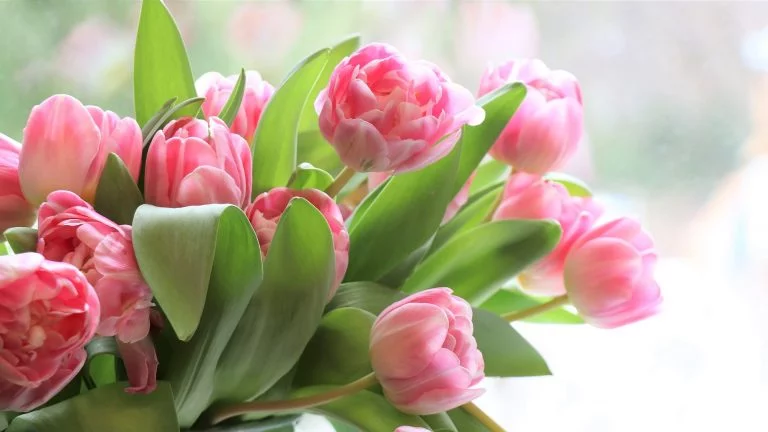
15 March
On the 15th March Hungarians commemorate the Revolution and the following War of Independence against the Austrian-Hapsburg rule in 1848-1849. Speeches and commemorations are held across the country and people wear tricolor (red-white-green) cockades pinned to their clothes, above their hearts. On this day you are able to visit the major museums free of charge.
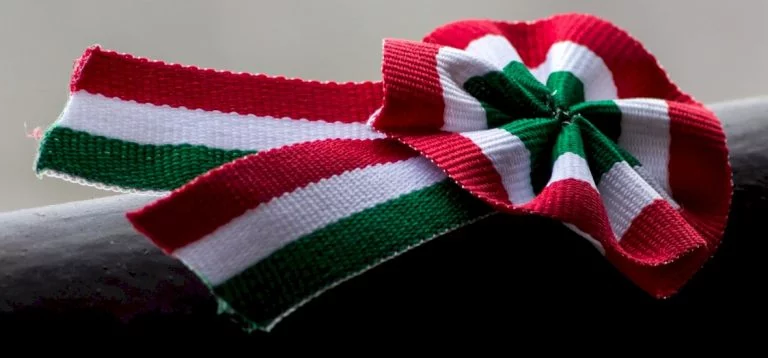
Easter
Good Friday, Easter Sunday and Monday are public holidays. During this time of the year, there is a special tradition called “sprinkling”, when boys sprinkle girls with perfume or water to keep them from fading away and tell special poems. In return, they receive chocolate or hand-painted Easter eggs from the girls.
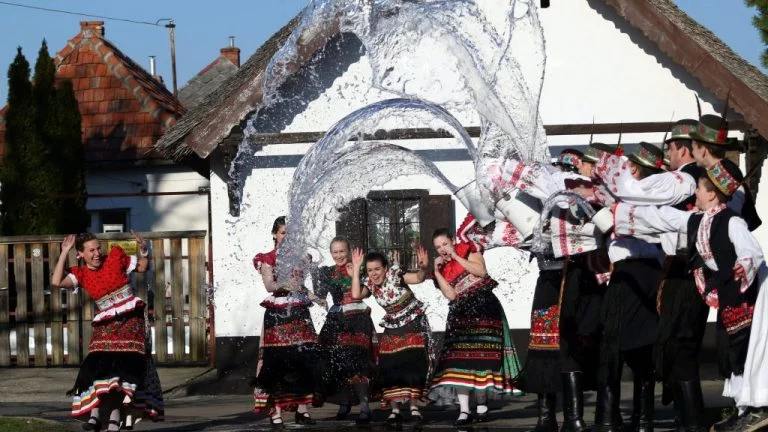
1 May
The first day of May marks the celebration of Labor Day or International Worker’s Day. A great deal of outdoor festivities are held nationwide. There is a unique tradition when, the night before 1 May, boys decorate maypole trees with ribbons as an act of love for the girls.
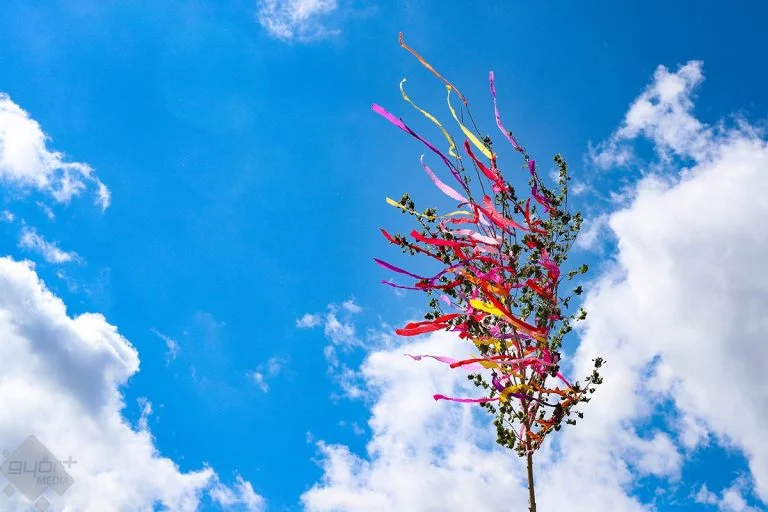
Pentecost
It is a Christian holiday, which is celebrated on the seventh Sunday after Easter. It commemorates the descent of the Holy Spirit upon the Apostles and the followers of Jesus Christ while they were in Jerusalem celebrating the Feast of Weeks, as described int the Acts of the Apostles.
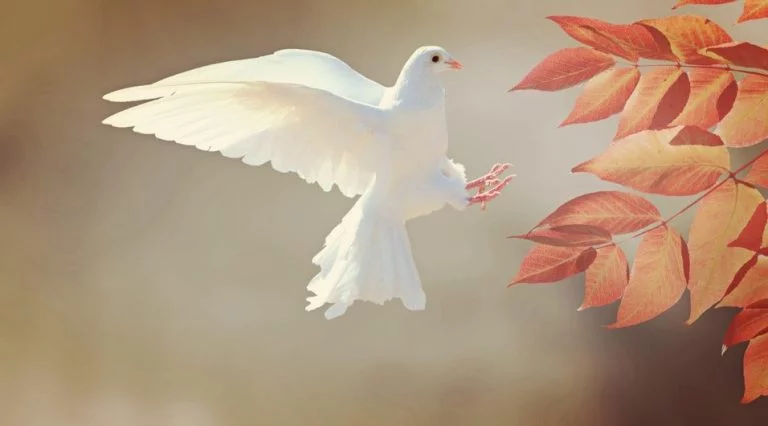
20 August
On this day we celebrate the first king of Hungary, St Stephen and the foundation of the Hungarian State. It is a national holiday, the official celebration begins with hoisting the Hungarian flag on Kossuth Square and there are spectacular fireworks at night. Masses are hosted all over the country, because St Stephen led the country into the Christian church and he is the first patron saint of Hungary. This day also marks the Festival of the New Bread and it is part of the celebrations to bless or slice a loaf of bread.
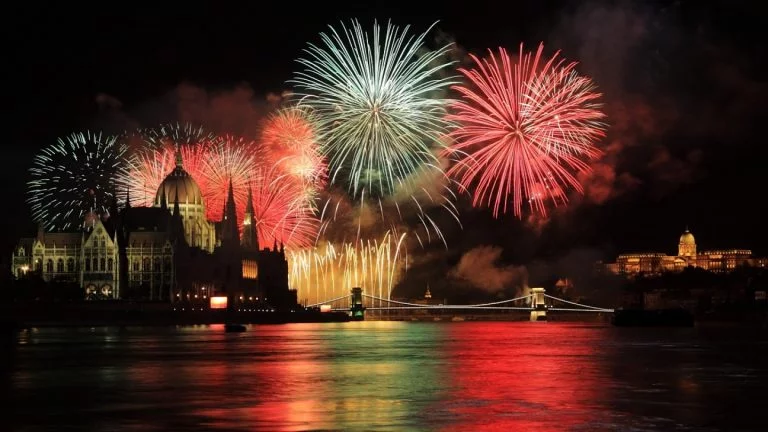
23 October
This day honors the 1956 Revolution against Soviet oppression. Commemorations and speeches are held. The sign of the day is a Hungarian flag with a hole in the middle, which symbolizes the ones that the revolutionaries carried, after having cut out the Communist coat of arms from the middle.
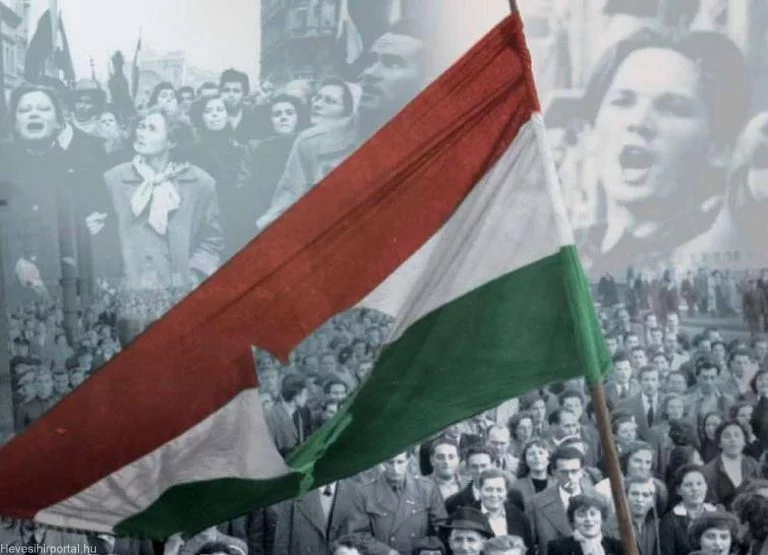
1 November
On All Saints’ Day Hungarian Families visit the graves of their passed loved ones and decorate them with flowers and candles.
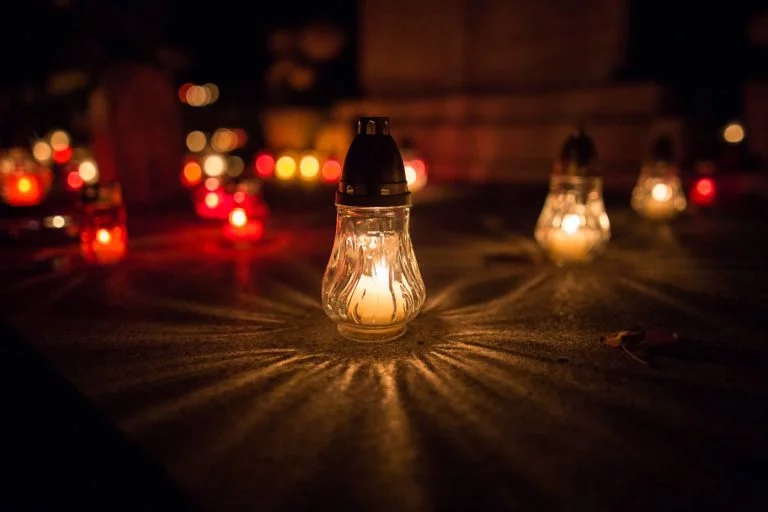
6 December
6 December is Santa Claus Day, when “Mikulás” comes with his helpers. On the evening of the 5th, children polish their boots and place them in the windowsill. At night, Santa gives out his presents and decides whether the little ones were naughty or nice. The nice children receive candies, sweets and chocolate; however, the naughty kids get a birch rod.
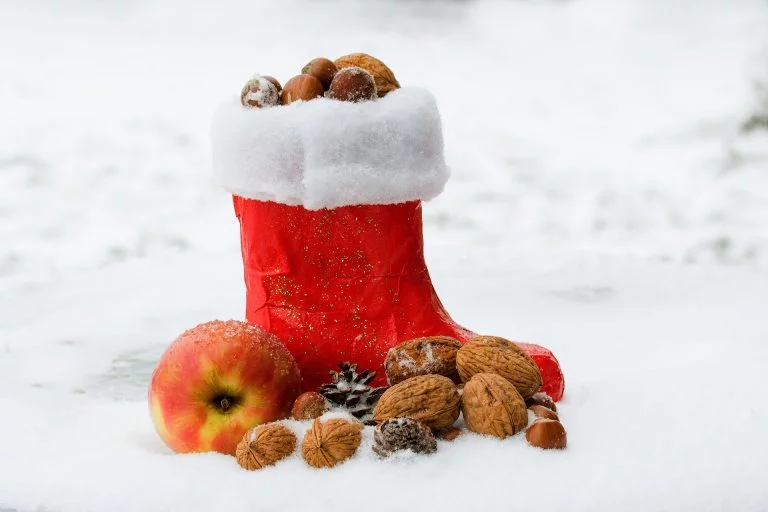
Christmas
Christmas Eve is celebrated amongst family and friends on 24 December. Baby Jesus brings the presents on this day at night. Usually huge feasts are held during this time, with meals like: fish soup, stuffed cabbage and “bejgli” (poppyseed or walnut cake), but the traditions may differ in each family. On the Christmas tree Hungarians put special treats called: “szaloncukor”. Members of the Christian church pay a visit to their local church for a Midnight Mass.
